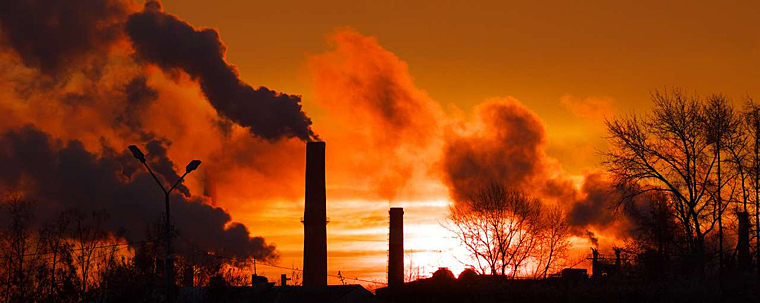
I’ve just completed James Lovelock’s recent book, “The Vanishing Face of Gaia”. Lovelock, now 90, is the scientist-inventor who popularized the term “Gaia” in the 1970’s to define the earth as a single living organism – dynamic, self-regulating, and responsive to global and cosmic forces. Gaia Theory, as his idea has come to be known, includes all of earth’s forms of life, plus its geologic and atmospheric forces – a completely interdependent web of existence that over 3.5 billion years has resulted in intelligent life. Intelligent, he surmises, but not yet wise.
According to Lovelock, the violence of human beings directly threatens society, but our burning of fossil fuels for the past 200 years combined with population explosion actually threatens the existence of human life on earth. More sobering, as he looks to the other inner planets of our solar system, now devoid of life, he sees the possible future of our planet.
Without question, the earth is warming, and it’s happening more quickly than official predictions. Lovelock points out that the Kyoto Accords are the result of political consensus and thereby vastly underestimate the rate at which change is taking place. 12,000 years ago, Gaia entered an interglacial period of cooler temperate weather over much of the planet, but in the last 200 years the amount of carbon dioxide in the air and ocean has more than doubled, accelerating global warming drastically. At this rate, within a short time the northern polar ice cap will melt in summer, and the oceans will rise. During its last “hot phase,” the earth’s oceans were 60-90 feet higher than today.
Moreover, a global average temperature rise of 6-8 degrees will transform the world’s vast plains of wheat and grains to desert, restricting agriculture to higher latitudes with far less agricultural space. Lovelock considers it too late to stop global warming. He foresees famine and chaos at a gigantic scale, and advises that efforts be turned to survival of the species.
Much as one infected with a flu virus develops a high fever – a way the body rids itself of a virus – so he advises the earth is regulating the explosion of human population, turning up the heat to reduce a species that cannot control its numbers. Gaia has been encouraging and eliminating species for billions of years. When viewed as the actions of a single living organism, it’s a strategy that’s understandable; human bodies regulate themselves in precisely the same way. Gaia’s 3.5 billion-year effort, says Lovelock, has been creation of the perfect partner, the development of living wisdom capable of working cooperatively with her. Unfortunately, he says, humanity has been too caught up in ignorance and selfishness to be such a wise partner.
It’s difficult to acknowledge how dreadfully we have behaved. We’ve treated Gaia very badly – dumping our garbage and sewage in the oceans, burning gas, coal and oil at a tremendous rate, letting our populations explode beyond sustainability, and destroying habitat and ecosystems upon which the health of Gaia depends.
Gaia, though ancient, is primordially wise. Her interdependent web of cause and effect is merciless and never fails. Human society may have to struggle for survival, but history shows Gaia will endure. Small comfort as I watch our children and grandchildren entering a world that is headed for very hard times, indeed.